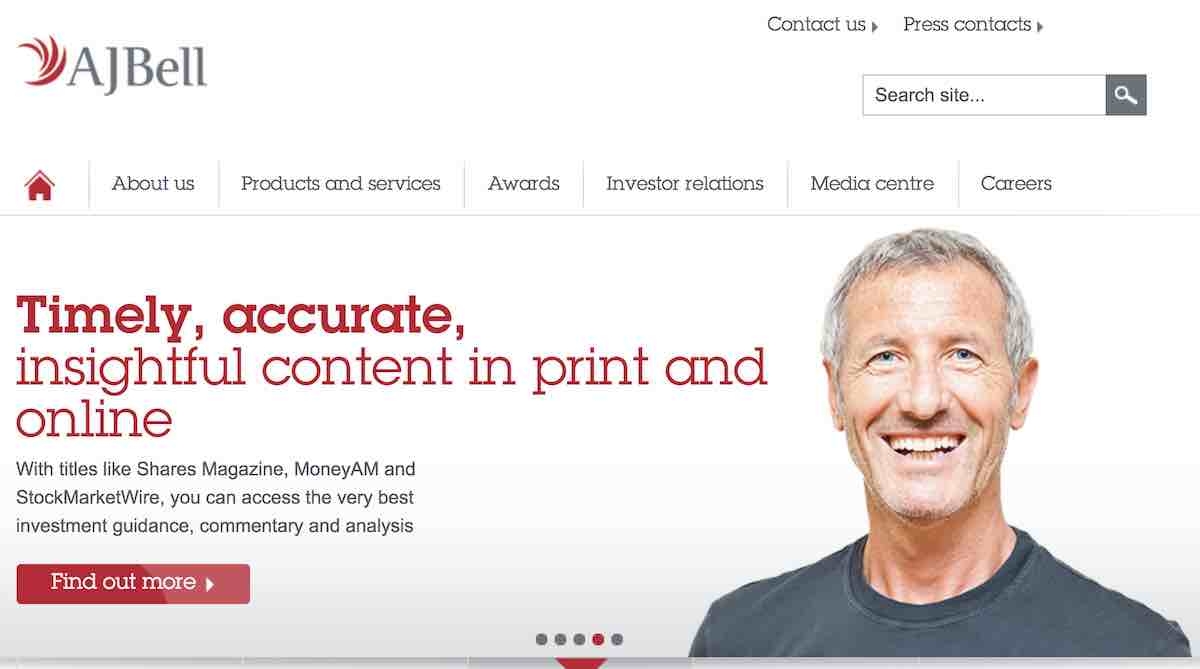Pressures on government are rising as the cost of pension tax relief continues to increase due mainly to the success of auto-enrolment, according to AJ Bell.
According to the latest figures from HMRC the cost of pension tax relief has risen from £20.7bn in 2013/14 to a forecast £24 billion for £2017/18. However the latest forecast suggests an overall cost for pension tax relief this financial year of £41b, with the inclusion of £16.9bn in national insurance relief on employer contributions.
Tom Selby, senior analyst at AJ Bell who analysed the figures, said: “The cost of pension tax relief continues its seemingly inexorable rise as automatic enrolment drives a retirement savings revolution in the UK.
“These costs will increase still further as minimum auto-enrolment contributions are ramped up and plans to scrap the earnings band and extend the reforms to 18 year-olds are implemented.”
The rise in tax relief comes with pressures, said Mr Selby. He said: “With anaemic GDP growth putting pressure on public finances and the Government desperate for funds for other areas such as the NHS, the eye-watering cost of incentivising people to save for retirement will inevitably come under the Treasury’s microscope once again.
He added: “This is understandable but it is vital any future reforms to the system are carried out in a measured way, taking into account the risk that cutting back pension tax relief will put people off saving and see them fall back on the state in the future.
Mr Selby said that while the cost was rising, governments had to be wary of tinkering with the pension tax relief system.
He said: “Successive Governments have been guilty of tinkering with pension tax relief, creating a system mired in horrendous complexity which even experts struggle to understand. This complexity, combined with a constant shifting of the goalposts, undermines confidence and puts people off long-term saving.”

